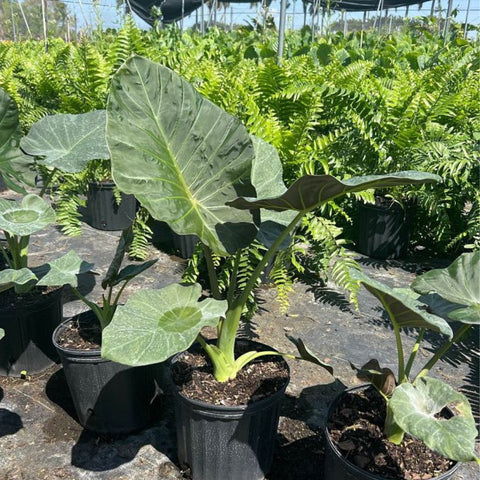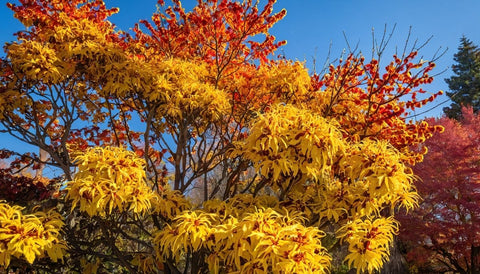Introduction
Fall landscapes are known for their stunning colors and serene beauty. Among the many trees that can enhance an autumn view, the sycamore tree stands out for its majestic presence. This post will guide you on how to effectively plant sycamore trees, ensuring that you can enjoy their beauty as part of your fall scenery.

1. Understanding Sycamore Trees
1.1. Overview of Sycamore Species
There are several species of sycamore trees, with the American sycamore and the London plane tree being particularly popular. These trees are known for their distinctive leaves and bark, which shed and reveal a beautiful mosaic of colors underneath.
1.2. Reasons to Choose Sycamores for Fall Landscapes
Sycamore trees offer vibrant fall colors ranging from yellow to orange and even red. Their large canopies provide ample shade and a stunning aesthetic in any landscape. Additionally, sycamores attract wildlife, offering habitats for birds and insects.
2. Ideal Growing Conditions
2.1. Soil Requirements
Sycamores thrive in well-drained, loamy soil. Conduct a soil test to ensure proper pH levels, as sycamores prefer slightly acidic to neutral soil conditions.
2.2. Sunlight and Space Needs
Sycamore trees need full sun exposure, meaning at least six hours of direct sunlight per day. Ensure that there is enough space for the tree to grow to its full height and spread, which can be substantial.

2.3. Climate Considerations
Sycamores thrive in USDA hardiness zones 4-9. They are adaptable to a variety of climates but do best in areas with mild to moderate temperatures.
3. Steps for Planting Sycamore Trees
3.1. When to Plant
The best time to plant sycamore trees is in early spring or fall when the temperatures are cool, and the tree has time to establish roots before extreme weather conditions set in.
3.2. Selecting and Preparing the Site
Choose a location with plenty of space and good sunlight. Clear the area of weeds and debris, and loosen the soil to prepare for planting.
3.3. Planting Process
Dig a hole twice the width of the root ball and just as deep. Place the tree in the hole, ensuring that the top of the root ball is level with the surrounding soil. After planting, water thoroughly and apply mulch around the base to retain moisture.
4. Care and Maintenance

4.1. Watering Needs
Young sycamores need regular watering, especially during dry periods. Keep the soil consistently moist but not waterlogged.
4.2. Pruning and Training
Prune sycamores in late winter or early spring before new growth begins. This helps maintain the tree’s shape and health.
4.3. Fertilizing and Pest Management
Fertilize sycamore trees annually in early spring with a balanced fertilizer. Watch for common pests like aphids and scale insects, and treat as necessary.
5. Enhancing Fall Landscapes with Sycamores
5.1. Design Ideas
Sycamores look beautiful when planted in groups or as a solitary focal point. Consider pairing them with complementary plants such as shrubs and perennials that enhance their fall colors.
5.2. Seasonal Activities
Sycamore trees create the perfect backdrop for fall festivities like outdoor picnics or photography sessions. Enjoy the vibrant foliage and seasonal beauty they offer.
6. Conclusion
Planting sycamore trees offers a myriad of benefits, from enhancing fall landscapes with their majestic colors to providing habitat for wildlife. Embrace the beauty of autumn by planting a sycamore in your yard and watch your landscape transform year after year.
Have any tips or experiences to share? Leave a comment below!
7. Additional Resources and References
- Arbor Day Foundation
- Plantology USA
- Local nurseries for purchasing sycamore trees































Comments (0)
There are no comments for this article. Be the first one to leave a message!